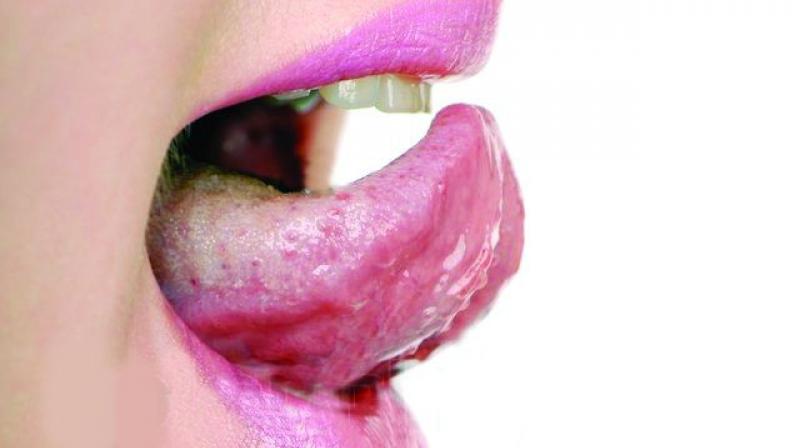Telangana, AP people have unique saliva bacteria

Hyderabad: Scientists of the city based Centre for DNA Fingerprinting and Diagnostics (CDFD), in collaboration with evolutionary geneticists from Germany, have characterised the diversity in the salivary microbiomes of people from various parts of India in the first such study.
It revealed that the saliva of people in Telangana and Andhra Pradesh contains certain bacteria which are unique to the region. This is indicative of the presence of distinctive food habits, climatic conditions and endemic oral diseases.
The results of the study have been published in the September 2017 edition of the journal Public Library of Science (PLoS) One. According to the paper, bacteria from 165 genera have been isolated from the saliva of the sampled population, which include bacteria from nine new genera that have so far not been included in the human oral microbiome database.
Some of the isolated bacteria contribute to the development of oral and dental diseases such as bacteraemia, and to the aggravation of dental caries.
The study covered 92 volunteers from eight locations, including Mahbubnagar in Telangana state and Visakhapatnam in Andhra Pradesh. Their saliva samples were analysed through the use of next generation DNA sequencing technology by CDFD scientists Dr N. Madhusudhan Reddy and Anujit Sarkar, and professor Mar Stoneking of the Max Planck Institute for Evolutionary Anthropology.
The researchers said their study highlighted the importance of examining underrepresented populations for the discovery of new bacterial genera.
“Although most of the core oral taxonomical units detected in this study were observed previously in other populations, bacterial species of Solobacterium, Alloprevotella and Lachnoanaerobaculum could be components of the core salivary microbiome unique to Indian populations,” the researchers said.
In samples obtained from Telangana state, Streptobacillus and Bacillus species of bacteria were most abundant.
The human body is an agglomeration of human and bacterial cells, both of which are found in nearly equal numbers. Over 1,000 bacterial species have been isolated from within the human body, from sites including the gut, the skin, and the mouth.
Microbial communities typically found to reside at particular sites make up microbiomes. Such bacterial communities often perform functions which contribute to our digestion and immunity. Any drastic changes in the composition of these microbiomes lead to the onset of diseases and disorders.
Dental expert Dr Y. Sudheer Reddy said, “This study is expected to address whether perturbations in the salivary microbiome may be correlated with the onset of diseases. Thus the microbiome composition may be used to characterise a person’s health status.” He added that bacteria thrive on food particles lodged in the teeth, and they produce by products such as acids which can corrode the enamel and cause tooth decay.
Experts said that studies which are aimed at determining the association of the salivary microbiome with various diseases will benefit from the results of this study, where bacteria have been characterised as per their population size and their distribution among the population from various parts of India.

